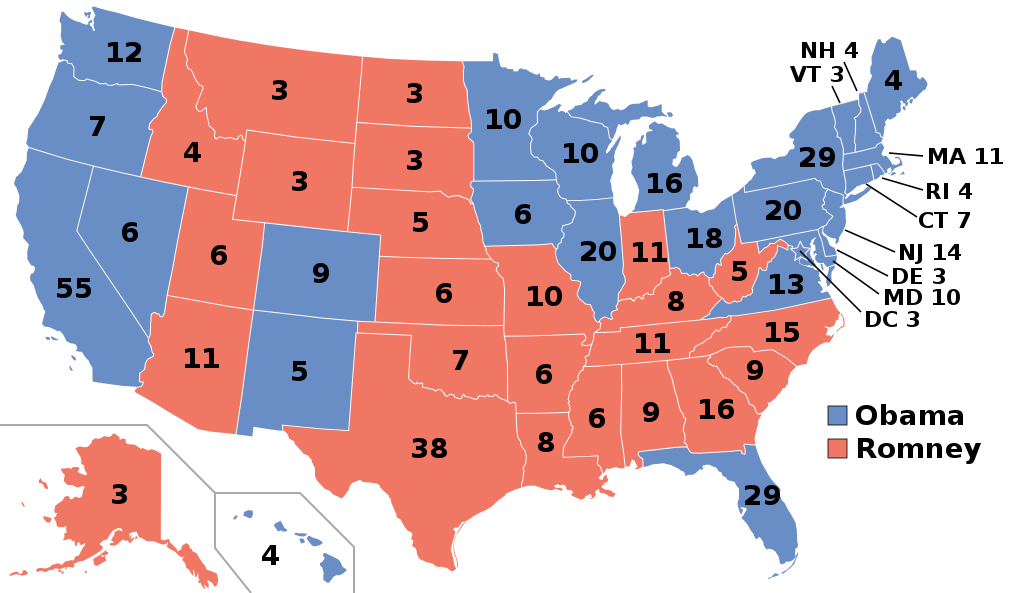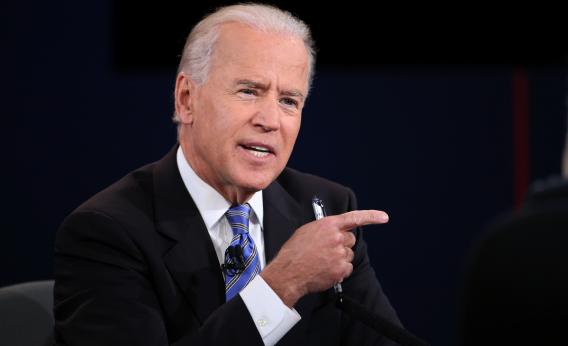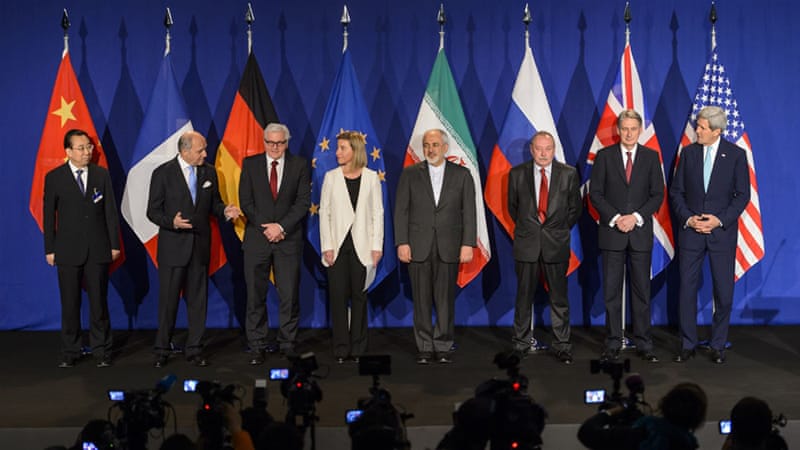 |
| Sometimes you just have to make the leap |
And on and on and on. As it is today, as it has always been. Let's take a look at some of the interesting things that caught our attention during the year, shall we?
Best Operating System: Android 5 Lolipop
Yes, we have now upgraded to Android 6, but it was with the release of Lolipop that Android appeared fully formed, a completely functional, fully usable, perfectly integrated mobile operating platform. At that point, Android was mature, a product that could compete with iOS and have a real impact on the world
Most Important Technology: CRISPR
CRISPR (Clustered regularly-interspaced short palindromic repeats) is a breakthrough gene editing system. It allows researchers to actually make changes to operative DNA. Changes such as removing genes that code for undesirable traits, and changes such as changing or even adding genes to make them code for entirely new traits. Is it scary? Oh my yes. Will it be misused? Horribly and repeatedly. Is there another technology with greater power to change everything? No. No there is not.
Science of the year: Tie
In 2015, the Large Hadron Collider restarted after it's planned two year shutdown to be upgraded to its intended 14TeV collision energy. The collider ran for months doing proton/proton collisions, and then finished the year doing lead ion collisions. At these energies, it will be fascinating to see what the data shows us.
In July 2015, the New Horizons probe flew within 12,500 km of Pluto - which is still not a planet, but of immense interest nonetheless - after a nine year journey. At these distances the communication bandwidth is small, so we are still receiving data, but what we've seen has been utterly captivating.
International Relations: Iran Nuclear Agreement
It should never have been necessary. The entire 'negotiation' was based on a false set of premises. The lying, posturing and misinformation from all sides was agonizing. And the American congress crossed several red lines that can never be uncrossed. But in the end, an agreement was reached, the sanctions are being lifted, and this entire shameful example of economic warfare is behind us. A possible additional benefit is that we are less likely to see any kind of unanimity in the UN Security Council for this kind of selective targeting as a result of the Iran debacle.
Firearms: Defense Distributed
Defense Distributed is a non-profit founded by Cody Wilson in 2012. They have previously received notice for creating and posting online the necessary files for a 3D Printed gun. In 2015 they took a slightly different direction, selling a $1500 ready-to-use miniature CNC mill for completing 80% AR-15 lower receivers. However one might feel about this, it is undeniable that technologies like 3D Printing are changing the way governments can restrict various kinds of ownership.
Hardware: Carbon3D
Speaking of 3D Printing, the hardware breakthrough for 2015 is CLIP - Continuous Liquid Interface Production. Unlike existing stereo lithography production methods, CLIP uses a liquid photopolymer and a UV light source to produce production-ready parts one hundred times faster than the previous methods. In production by a Northern California tech startup called Carbon3D, the entire question of what 'manufacturing' means will have to be re-examined.
Book: Rise of the Robots
Martin Ford's look at the increasing capability of work force automation across all industries and job types is both sobering and hopeful. If you have any faith in humanity, the elimination of the drudgery of labor should open up a Utopian world where goods are essentially free and everyone is free to pursue whatever their interests might be. Of course, as Ford also points out, income from labor is the primary human methodology for distributing purchasing power, so the immediate question is whether and how human societies will both compensate owners of capital for the goods they create and distribute funds that the no-longer-necessary workers will need to purchase them.
Television Show: Justified
In April, FX Networks aired the Justified series finale at the end of season 6. The series was based on an Elmore Leonard character, and had the kind of richness of characters and sense of place that Leonard was deservedly famous for. Sam Elliot is perfect as Avery Markham, and the 'Boon' character is classic Elmore Leonard, a polite, soft-spoken, homicidal gunfighter. The story wraps up just right, with Raylan back in Florida, Boyd once again preaching in prison, and Ava raising her son in secret in California. Beautiful, and satisfying.
Television Characters: Three-Way Tie
Much of what is interesting about cable television is the way a show can follow real people doing real things, taking a documentary sensibility to a surprisingly broad set of human activity. With that, 2015 brought us:
Jim Shockey: Shockey is a professional hunter, a conservationist, a huge larger-than-life character who's simultaneously fearless and charming. A preternaturally handsome Canadian, he radiates calm courage and intense integrity. Although his shows are on the Outdoor Network alongside some of the more odious and ideological members of the hunting and shooting community, Jim Shockey makes you feel good about being a human being.
Andrew Zimmern: If you haven't seen 'Bizarre Foods' on Travel Channel, you've missed some fascinating television. But you've also missed one of the really great characters on TV today - Andrew Zimmern. He's a great story - young up-and-coming chef consumed by alcohol and drug addiction, homeless for a year, got clean and re-invented himself. He's a gentle soul, kind and loving, but a certain kind of fearless that just makes you smile. Whether it's hunting, fishing, or eating insects, worms or still living shellfish, he's perfectly willing to try it.
Parker Schnabel and Tony Beets: 'Gold Rush' has been airing on Discovery Network since 2010, but it's in the recent seasons that the characters really began to come into focus. Parker is just a kid - he turned 21 during the 2015 season - but that's part of what makes him interesting. He's also determined and decisive in a way you wouldn't expect from someone that young. He leases his claim from the loud and profane Tony Beets. A huge, bearded Viking, the outspoken and outrageous Dutch Canadian can seemingly do anything with just the force of his will.
Honorable Mentions:
I wanted to include a couple technology advances that I think are important, and will be much more important than we perhaps realize today.
Raspberry Pi Zero:
The advances in technology driven by the availability of small, powerful computers since the 1980s is beyond remarkable - it's almost impossible to even grasp all the ways that accessible hardware and the associated software tools have changed human existence. But when you think about it, all these changes have taken place with fully two thirds of the human population not participating. Brilliant kids in Africa, Asia, Latin America and urban centers all over the world could contribute unimaginable breakthroughs if they had a computer of their own. They could learn to code, and some of them would do really amazing things. Raspberry Pi came out a few years ago, a fully functional computer at a $35 price point, to address this specific problem. But $35 is a lot of money in these places. And so this year, the same people released the Raspberry Pi Zero, at the retail price of five US dollars. This can change everything.
Snapdragon Flight Processor:
Technically, the Snapdragon Flight Processor won't be released until the CES show in Las Vegas next week, but it was announced in 2015 and c'mon, we're not sticklers. Based on the popular and powerful Qualcomm Snapdragon processor, the flight processor is a purpose built processor for autonomous drones. It has the functions and libraries to do autonomous navigation, and obstacle avoidance while greatly increasing battery life and reducing overall cost. With a dedicated off-the-shelf processor, we can expect to see an explosion of cheaper, smarter, more powerful drones. This may not be altogether a good thing, but it will have a profound impact on the way we live.
ROS Jade Turtle:
Speaking of ready-to-use, off-the-shelf operating platforms, 2015 saw the release of the latest Jade release of the Robot Operating System. A Linux distribution customized to serve as the intelligence for commercial robots, ROS Jade Turtle is complete and mature. There are thousands of libraries available for download, for everything from sensor integration to location awareness to database connectivity. With tools like this, more people can build more robots that can do more things, and, once again, the world will change in unpredictable ways.
...







.jpg)














